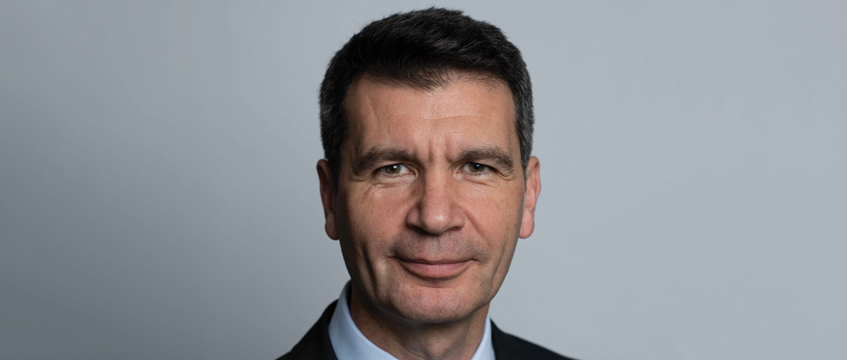Lendlease Europe has more than halved its scope 1 and 2 carbon emissions over the course of the past year.
In its latest Mission Zero Progress report, the real estate investor and developer said scope 1 and 2 emissions, from the fuel it uses and energy it buys, were down by 53% from a year ago.
The company achieved this through switching to low carbon, non-fossil fuels on construction sites, powering its business with renewable electricity, and beginning the process of decarbonising heating networks across the company’s development portfolio.
The achievement feeds into Lendlease Europe’s aim of being a 1.5°C-aligned company, achieving net zero for scopes 1 and 2 by 2025 and absolute zero carbon across all scopes “with no excuses and no offsets” by 2040.
Paul King, the company’s managing director for sustainability, acknowledged that scope 3 emissions – most of which come from embodied carbon emissions from building materials – remain the greatest challenge.
“We’re not hiding from the fact that this is the real proverbial elephant in the room,” King told EG. “Ninety-nine per cent of our carbon footprint is scope 3 and, by definition, largely outside of our direct control. Although there are lots of different categories of scope 3, by far and away the biggest chunk of that is what’s referred to as purchased goods and services – the materials that go into our buildings. In order of magnitude, you’ve got concrete and steel and then you’ve got aluminium, glass and other materials.”
He added: “When you look at things like concrete and steel, each one of those materials represents 7-8% of global greenhouse gases on its own. So if you think of those as countries, they come after China and the US. These are massive, massive contributors. What we can do is get much smarter in terms of how we design buildings to use less of the materials; to then specify the lowest carbon version of that material that’s appropriate for the use; and then it’s about what we can do with others to drive reduction in the carbon in those materials.”
In a separate report the company unveiled a new social impact strategy, outlining ways in which its work can support and enhance people’s physical and mental wellbeing.
Achievements so far in this respect include supporting 1,300 jobs through its not-for-profit employment vehicle, BeOnsite, since 2008; £36m of social and economic value created for the Elephant & Castle community in five years through the Elephant Park regeneration project; and 500 staff trained as mental health first aiders since 2013.
To send feedback, e-mail tim.burke@eg.co.uk or tweet @_tim_burke or @EGPropertyNews











